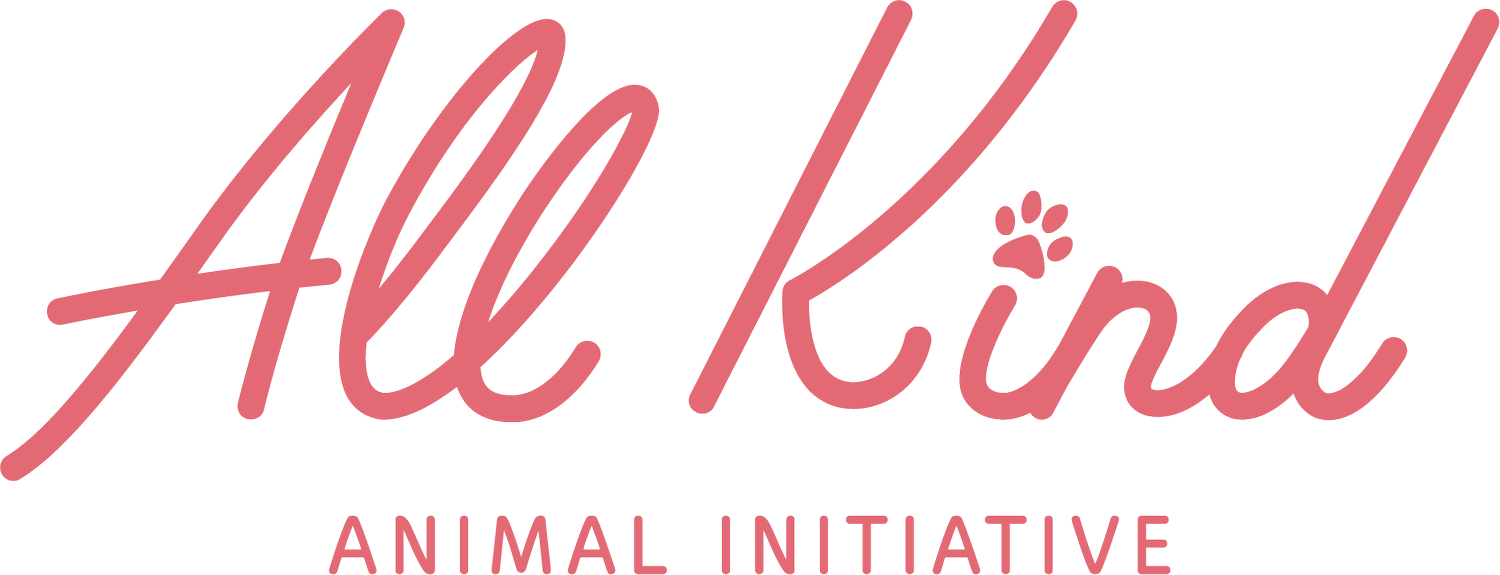
Statistics
March 2021
All Kind was founded by a group of concerned citizens with the primary focus of building a new state-of-the-art facility to replace the City's aging shelter
May 2021
All Kind held its first community adoption event
October 2021
All Kind entered into an agreement with the City to redesign the plans for the new animal shelter facility to be called the PARC
May 2022
All Kind and the City of Abilene started conversations about a potential management agreement of the current city shelter
October 2022
All Kind publicly launched its Almost Home campaign to fundraise for the PARC
January 2023
All Kind took over management of the current shelter
August 2023
Groundbreaking for the PARC
October 2024
The Jane & Phil Guitar PARC officially opens as the beautiful new home for All Kind and Abilene homeless pets
January 2025
All Kind achieves a 90% save rate





